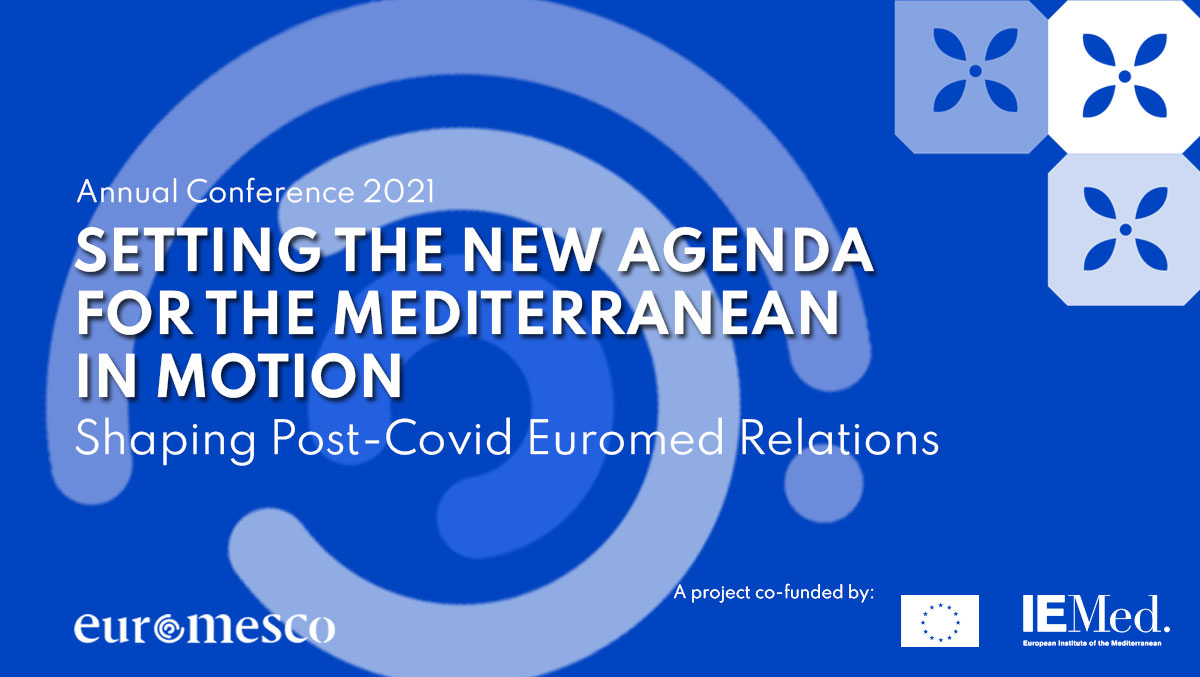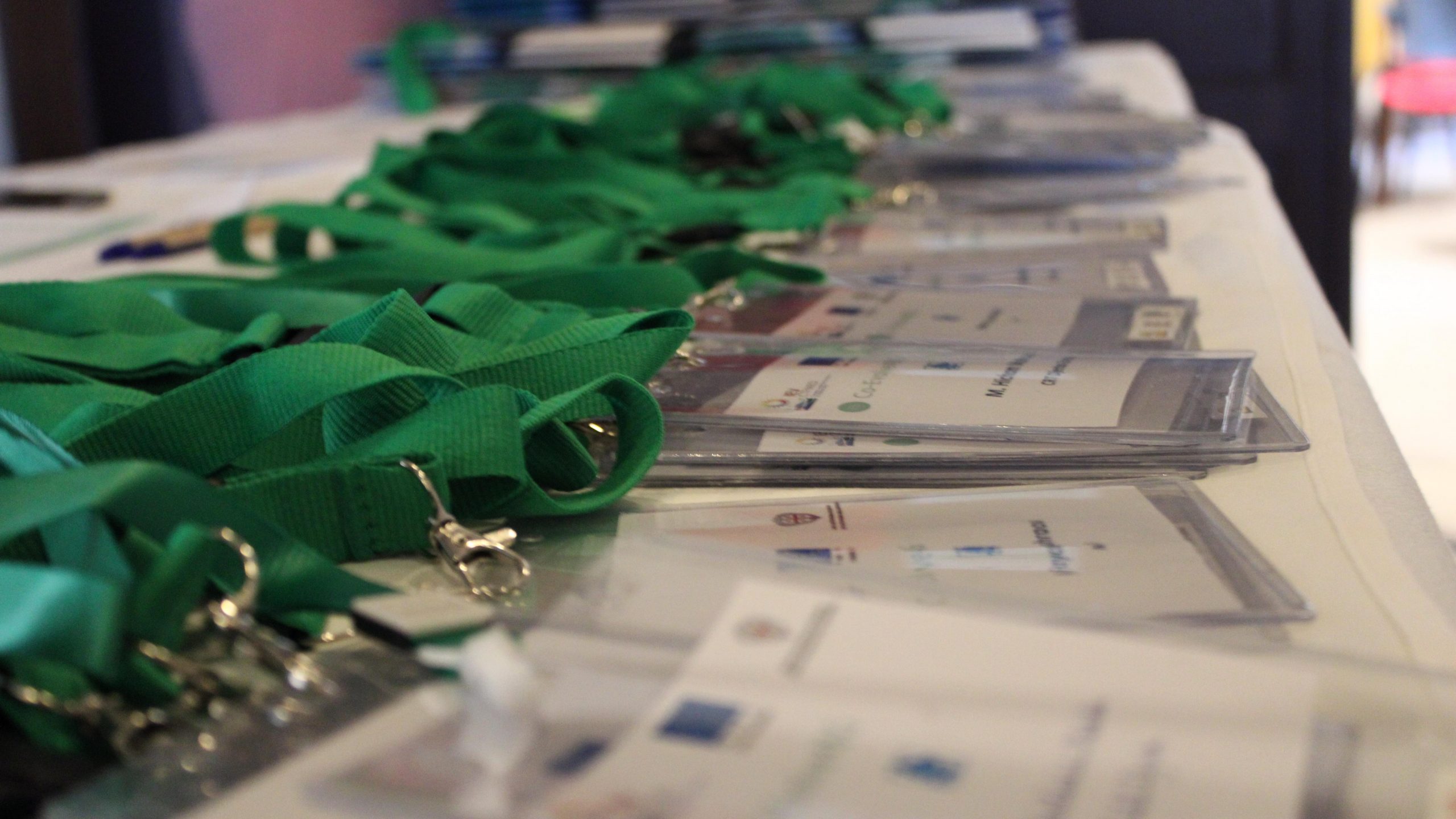Press statement by President von der Leyen with Italian Prime Minister Meloni, Dutch Prime Minister Rutte and Tunisian President Saied
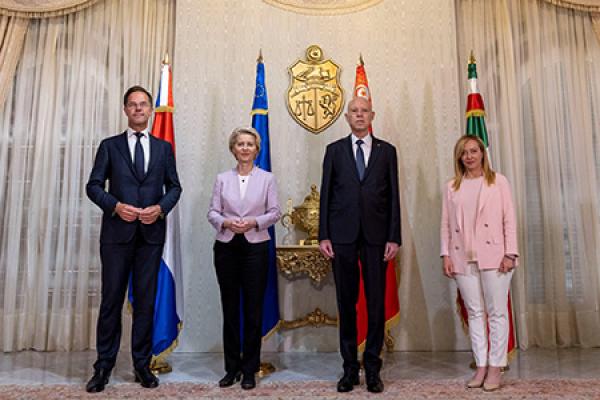
“Good afternoon,
We are here as Team Europe. We want to mark an important milestone in the relationship between Tunisia and the European Union. Tunisia is a partner that we value very much in the European Union. And this is demonstrated by the three of us being here in Tunis together, and by the kind hospitality we received and the good discussions with President Saied.
With Tunisia, we share much more than geographic proximity, we share a history. Since 2011, the European Union has been supporting Tunisia’s journey of democracy. It is a long, sometimes difficult road. But these difficulties can be overcome. Against the backdrop of global uncertainties, it is in our common interest to strengthen our relationship and to invest in stability and prosperity. This is why we are here, and this is why we are working with Tunisia on a comprehensive package. This package is built on five pillars.
The first pillar is economic development. We will support Tunisia to strengthen its economy. The European Commission is considering macro-financial assistance as soon as the necessary agreement is found. We are ready to mobilise up to EUR 900 million for this purpose. And as an immediate step, we could provide an additional EUR 150 million in budget support.
The second pillar is investment and trade. The EU is Tunisia’s biggest foreign investor and trading partner. And we propose to go further. We would like to modernise our current trade agreement. There is much potential to create jobs and boost growth here in Tunisia. An important focus for our investments is the digital sector. We already have a good basis. Our flagship project, the Medusa submarine cable, will link the two sides of the Mediterranean. The Medusa cable is bringing high-speed broadband to the region – a real digital bridge that by 2025 will connect 11 countries around the Mediterranean. Together with the European Investment Bank, we are investing EUR 150 million in this project.
The biggest area for investment we see is energy. This is our third pillar. Energy is a win-win area. Tunisia is looking to harness its tremendous potential for renewable energy. And the European Union needs reliable energy suppliers of clean energy as we are electrifying our entire economy. Thus, we need to invest in our infrastructure so that Tunisia can export clean energy to Europe. An important milestone in this journey is the ELMED interconnector, an undersea electricity cable linking Tunisia to Italy. The European Union is investing more than EUR 300 million in the ELMED interconnector. This is great news for Tunisia and Europe. In the autumn, we propose to organise together an investment forum to bring more private investment to Tunisia’s renewable sector, including hydrogen. To put all this in a common roadmap, we are working on a Memorandum of Understanding on renewables with Tunisia.
The fourth pillar is migration. We both have an interest in breaking the cynical business model of smuggler. It is horrible to see how they deliberately risk human lives for profit. We will work together on an Anti-Smuggling Operational Partnership. And we will support Tunisia with border management. This year, the EU will provide EUR 100 million to Tunisia for border management, but also search and rescue, anti-smuggling and return. The objective is to support a holistic migration policy rooted in the respect of human rights.
The fifth and very important pillar is about people-to-people contacts. Tunisia has a young and vibrant population. And we should do everything to bring people together. We will create a Tunisia window in the Erasmus+ programme worth EUR 10 million to support student exchange. And we will establish ‘Talent Partnerships’ to give Tunisia’s youth opportunities to study, work or train in the EU. They will develop new skills useful for modernising Tunisia’s economy. There is a lot of work ahead of us. I have asked Commissioner Várhelyi to take this work forward.
[…]”

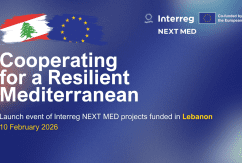
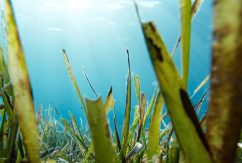
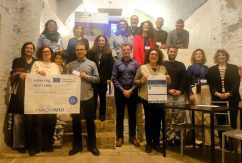

























 Syria
Syria 